On the afternoon of August 18, in Hanoi, Prime Minister Pham Minh Chinh attended the online conference to summarize the 2022-2023 school year and deploy the new 2023-2024 school year organized by the Ministry of Education and Training .
Also attending the Conference were Deputy Prime Minister Tran Hong Ha; Minister of Education and Training Nguyen Kim Son, former Vice President Nguyen Thi Doan, President of the Vietnam Association for Promoting Education, and leaders of ministries, branches and central agencies.
 |
Prime Minister Pham Minh Chinh attends the conference to summarize the 2022-2023 school year and deploy tasks for the 2023-2024 school year. Photo: DUONG GIANG |
Speaking at the opening of the conference, Minister of Education and Training Nguyen Kim Son assessed: With the close direction of the Government and the Prime Minister; the effective coordination of central ministries, branches and Party committees and local authorities; the support of the majority of people; especially the determination and responsibility of teachers and education managers; the efforts of students; the entire education sector has completed the 2022-2023 school year plan, with many positive results.
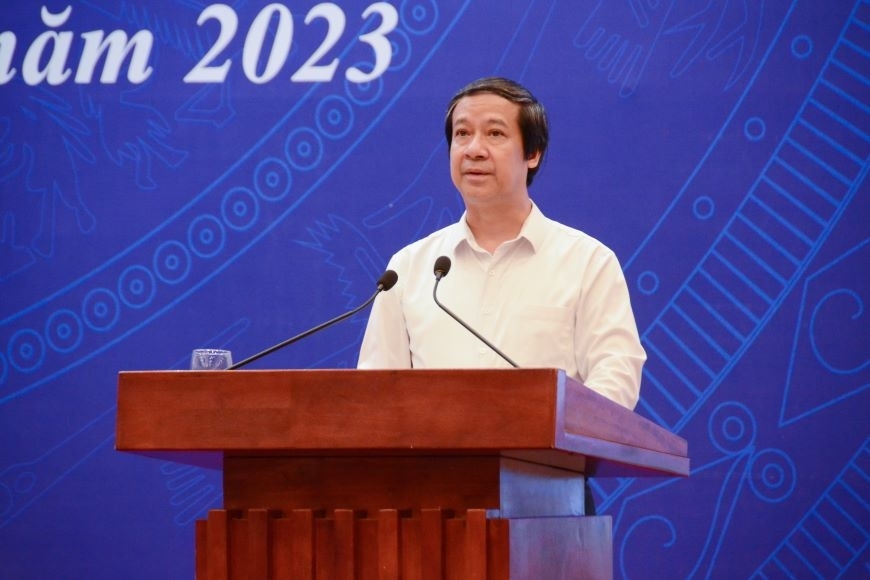 |
| Minister of Education and Training Nguyen Kim Son delivered the opening speech at the Conference. Photo: Center for Communication and Events |
Specifically, the education sector continues to improve institutions, creating a legal corridor to carry out fundamental and comprehensive innovation in education and training according to the requirements of Resolution 29; universal education and illiteracy eradication work continues to be consolidated and maintained with improved component indicators; the quality of general education, both mass and spearhead, continues to improve, recognized and highly appreciated internationally; candidates participating in regional and international Olympic competitions achieve high results; the team of teachers, lecturers and education managers develops in both quantity and quality; the situation of surplus and shortage of teachers has had many more solutions to overcome...
However, according to Minister Nguyen Kim Son, the implementation of the 2022-2023 school year plan still has some shortcomings and limitations such as: lack of teachers; lack of classrooms, overload at schools in big cities, densely populated areas; support work, psychological counseling, skills to prevent and combat violence, child and student abuse are not really effective; school violence, food insecurity in schools still occur, causing public outrage.
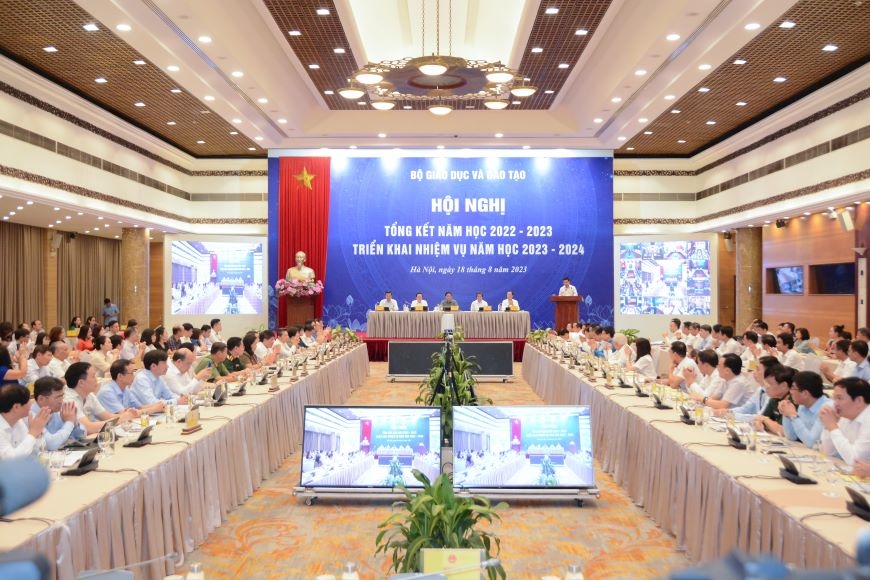 |
| Conference scene. Photo: Center for Media and Events |
With the theme "Solidarity, discipline, creativity, continuing to innovate in depth, improving the quality of education and training", in the 2023-2024 school year, the entire education sector has determined to focus on implementing a number of important tasks such as: Perfecting institutions, improving the effectiveness and efficiency of state management of education; effectively implementing preschool education, general education and continuing education programs; improving the quality and standardizing the team of teachers, lecturers and education managers at all levels; attracting and effectively using investment resources for education; strengthening political and ideological work, national defense and security education; strengthening physical education, sports activities, school health; ensuring school safety, proactively preventing, combating and effectively responding to natural disasters and epidemics; international integration in education; promoting digital transformation and administrative reform in the entire sector.
At the conference, delegates discussed and evaluated the results, as well as the shortcomings and inadequacies of the education sector in the past school year; exchanged and shared experiences of the locality.
Speaking at the conference, Prime Minister Pham Minh Chinh praised the achievements of the education sector in the past school year. The Prime Minister also frankly pointed out a number of shortcomings and limitations that need to be focused on overcoming in the coming time, such as: The work of perfecting institutions and creating a legal corridor for educational and training innovation is still slow, not meeting the actual development requirements of domestic education and the trend of international integration, especially for university autonomy.
General education textbooks still have some shortcomings.
In addition, the implementation of the general education program and textbooks still has some shortcomings; the planning of the educational facility network in some localities is not suitable; there is a shortage of schools and classes in some urban areas, industrial parks, export processing zones, remote areas, and ethnic minority areas; many urban areas and industrial parks do not reserve land for investment in building schools and classes, leading to school overload.
In addition, the physical facilities and teaching equipment do not meet the requirements. Specifically, in some localities, there are still temporary classrooms, lack of functional rooms, minimal teaching equipment, and the problem of toilets in schools is still inadequate. There is still a local surplus or shortage of teachers, inadequacies between levels of education and between localities; policies and remuneration are still inadequate, not attractive, difficult to attract and retain teachers, especially high-quality human resources in big cities or difficult areas...
The Prime Minister requested ministries, branches, agencies and localities to continue to review, amend and supplement institutions, mechanisms and policies in a timely manner, and perfect a favorable legal corridor to implement educational and training innovation; continue to innovate exams and recognition of high school graduation, ensuring seriousness, simplicity, reducing pressure but still improving quality; promptly complete the compilation of electronic textbooks and ethnic minority language textbooks, testing and using Braille books for the visually impaired; develop, amend and supplement appropriate policies and remuneration regimes for teachers; have financial solutions to support teachers in remote and isolated areas and preschool teachers; upgrade and supplement facilities and teaching equipment to ensure effectiveness and suitability to practical requirements.
Overcoming school violence
The Prime Minister suggested a number of issues that need to be implemented in the new school year: Resolutely not allowing drugs to enter schools, overcoming school violence; curriculum and textbooks need to continue to be innovated but also need to be standardized and developed stably; focus on improving the quality of university, college and continuing education; review the teaching of Civic Education in general schools; have solutions to overcome the shortage of teachers and schools in remote, isolated, border and island areas.
On the eve of the new school year 2023-2024, the Prime Minister commended and highly appreciated the achievements of the past school year and expressed his hope that teachers and educators would overcome all difficulties, persevere in the goal of fundamental and comprehensive innovation in education and training, meet the expectations of the Party, State and people, and make worthy contributions to the strong and prosperous development of the country.
Remote areas have difficulty recruiting teachers.
Pointing out the achievements and shortcomings and difficulties of his locality, Mr. Do Duc Duy, Secretary of Yen Bai Provincial Party Committee, proposed that the Government continue to pay attention and assign additional teacher staff to Yen Bai province to ensure sufficient quotas according to regulations; study and amend Decree No. 116/2016/ND-CP dated July 18, 2026 of the Government on support policies for students and general schools in communes and villages with special difficulties to ensure compliance with the actual situation in localities. At the same time, study and adjust the retirement age of preschool and primary school teachers; pay attention to salary and allowance regimes to help teachers feel secure and stick with their jobs...
Ms. Y Ngoc, Vice Chairman of Kon Tum Provincial People's Committee, said: Due to the large area and scattered population, especially in the 4 border districts, the network of schools is small and has many combined classes... The information technology infrastructure is still difficult and not uniform; there are many "dip points" in telecommunications and internet signals or the transmission quality is not guaranteed. Kon Tum province still lacks 836 teachers, the material and spiritual life of most teachers working in communes in remote areas is still difficult. Some priority policies to support students from ethnic minority areas such as tuition exemption and reduction, support for study costs, boarding... still lack sustainability.
Ms. Y Ngoc proposed that the Government and ministries and branches pay attention to expanding the beneficiaries of the national target program on socio-economic development in ethnic minority and mountainous areas for preschools in disadvantaged areas; review and promulgate specific policies and mechanisms for teachers working in disadvantaged, remote, and ethnic minority areas; promulgate new policies for boarding schools, semi-boarding schools, and schools with many ethnic minority students in disadvantaged areas, such as: support for lunch, study costs, vocational training, etc.
Mr. Trieu Van Cuong, Deputy Minister of Home Affairs, said: The education sector's staff in 2021 is 1,375,715 people, of which the central sector is 50,699 staff, and the local sector is 1,328,016 staff. The preschool and high school sectors are 1,131,001 people. The additional staff assigned in the 2022-2023 school year is 27,850 people. Currently, in many places, there is a local surplus or shortage of teachers in some localities and an imbalance in the teacher structure between subjects at the same level in regions with different socio-economic conditions. The reason is that current regulations on the number of students/class do not distinguish between regions. Many localities do not have enough students, especially in remote areas.
Proposal to raise school floors
According to the proposal of Ms. Vu Thu Ha, Vice Chairman of Hanoi People's Committee: Currently, the capital is experiencing a high mechanical population growth. Each year, the population increases from 50,000 to 60,000 students, equivalent to the need to build 30 to 40 new schools. However, some inner-city districts currently have no land fund. To meet school construction standards, it is recommended that all levels consider allowing the city to use the land use area per student instead of the land area per student. The Government allows Hanoi to add floors with building blocks. At the same time, Hanoi is allowed to build basements for schools in inner-city districts to effectively exploit land funds.
The difficulty of high population density leading to a lack of classrooms was also raised by Mr. Duong Anh Duc, Vice Chairman of the Ho Chi Minh City People's Committee. Accordingly, Mr. Duong Anh Duc proposed to consider changing the standards for building classrooms according to regions, including calculating the school construction area instead of land area.
Source



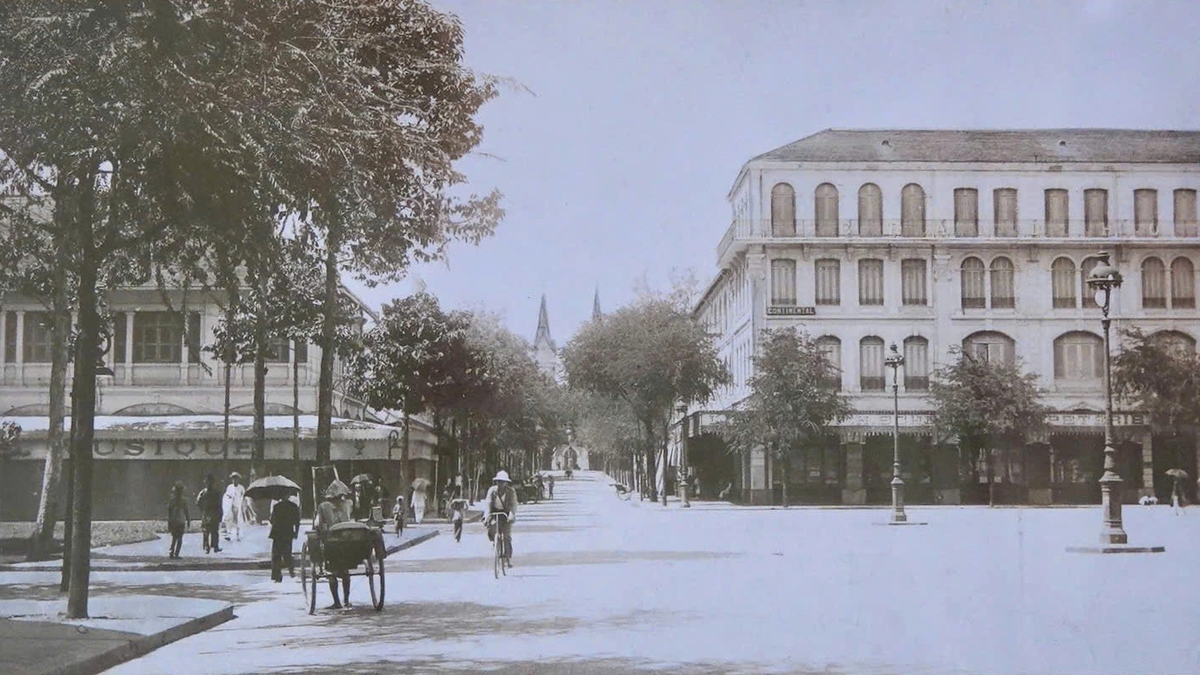
![[Photo] Prime Minister Pham Minh Chinh meets with Speaker of the Hungarian National Assembly Kover Laszlo](https://vphoto.vietnam.vn/thumb/1200x675/vietnam/resource/IMAGE/2025/10/20/1760970413415_dsc-8111-jpg.webp)
![[Photo] Solemn opening of the 10th Session, 15th National Assembly](https://vphoto.vietnam.vn/thumb/1200x675/vietnam/resource/IMAGE/2025/10/20/1760937111622_ndo_br_1-202-jpg.webp)
![[Photo] National Assembly Chairman Tran Thanh Man holds talks with Hungarian National Assembly Chairman Kover Laszlo](https://vphoto.vietnam.vn/thumb/1200x675/vietnam/resource/IMAGE/2025/10/20/1760952711347_ndo_br_bnd-1603-jpg.webp)
![[Photo] Chairman of the Hungarian Parliament visits President Ho Chi Minh's Mausoleum](https://vphoto.vietnam.vn/thumb/1200x675/vietnam/resource/IMAGE/2025/10/20/1760941009023_ndo_br_hungary-jpg.webp)
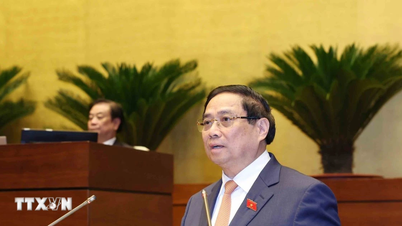

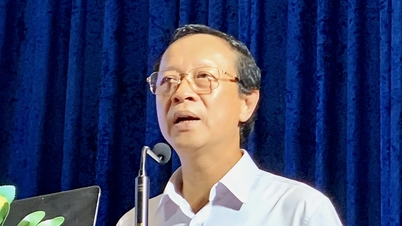


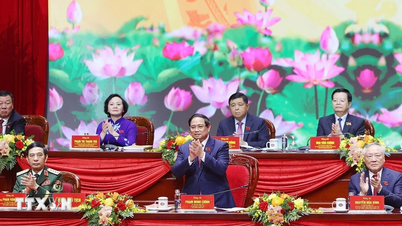
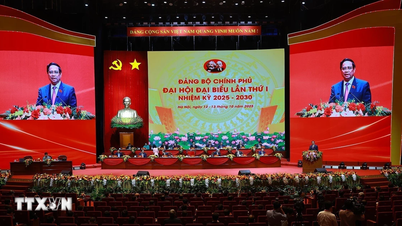








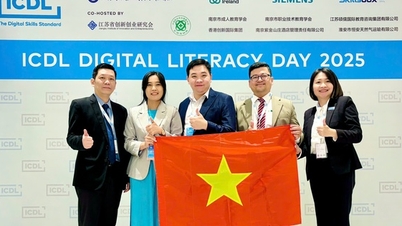


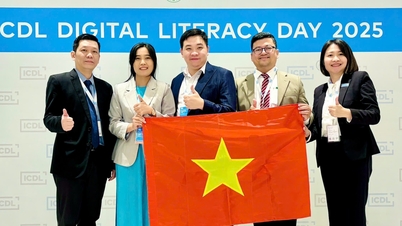




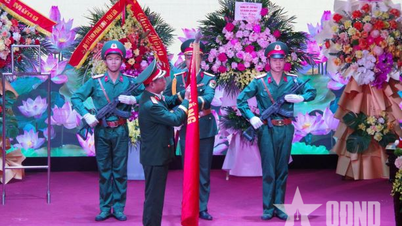
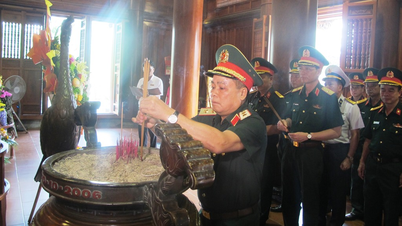
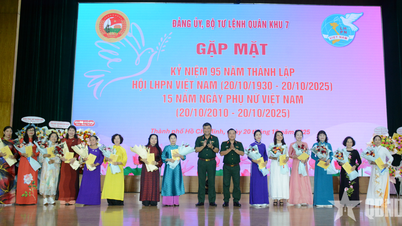
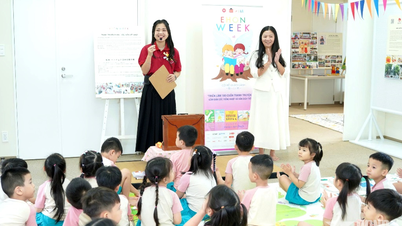
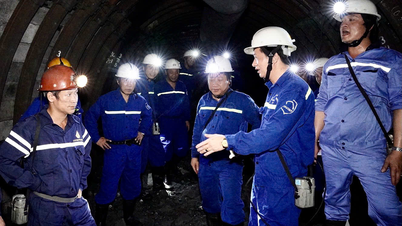
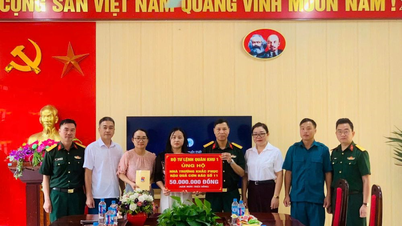
![[Photo] The Steering Committee of the 2025 Fall Fair checks the progress of the organization](https://vphoto.vietnam.vn/thumb/1200x675/vietnam/resource/IMAGE/2025/10/20/1760918203241_nam-5371-jpg.webp)


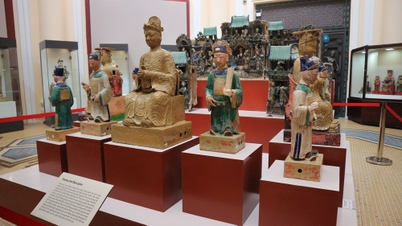
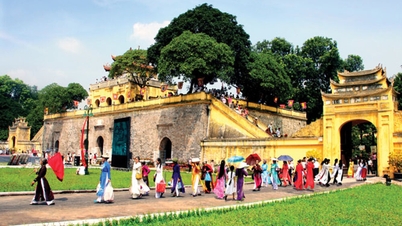



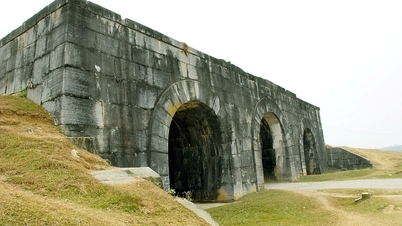


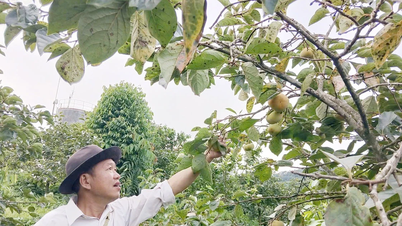

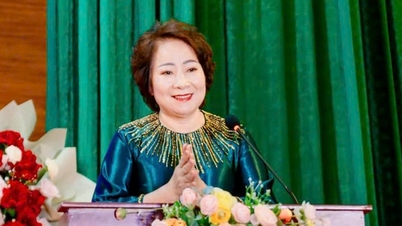


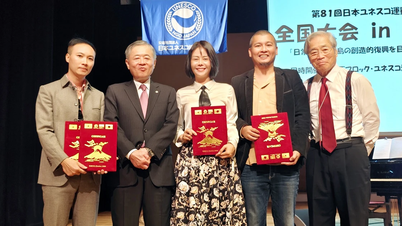








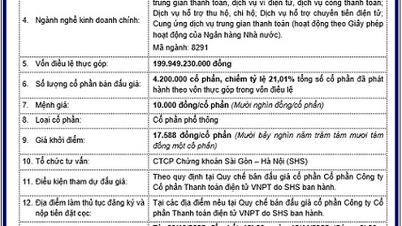
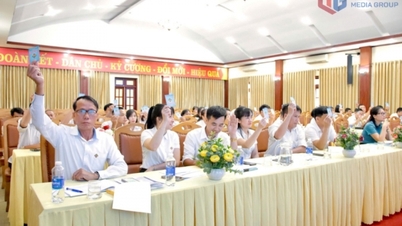

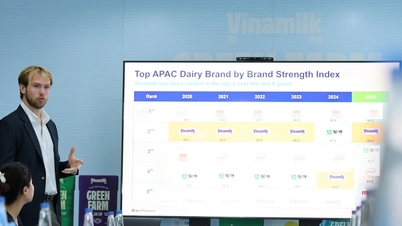

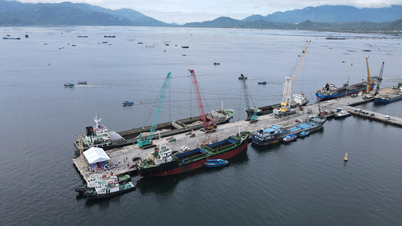







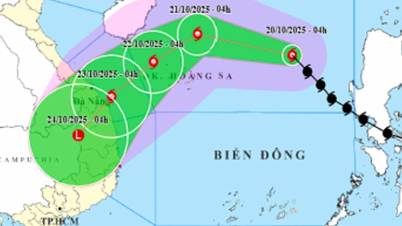

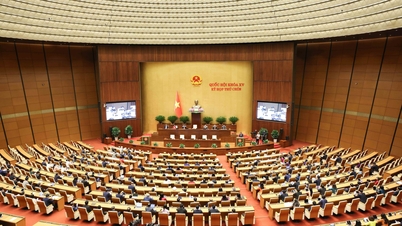

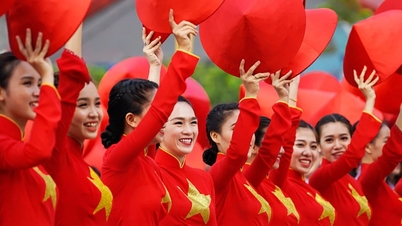

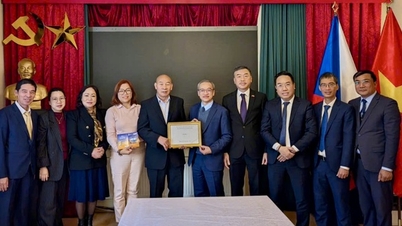

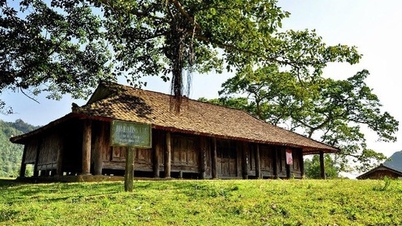
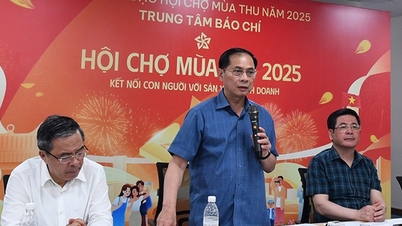
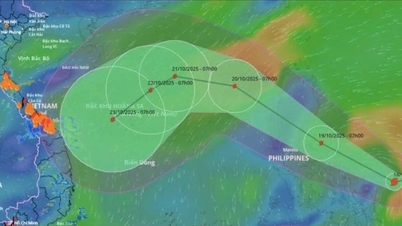



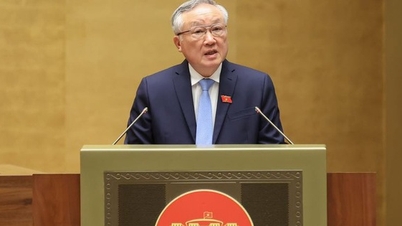



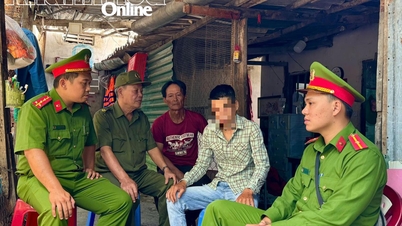


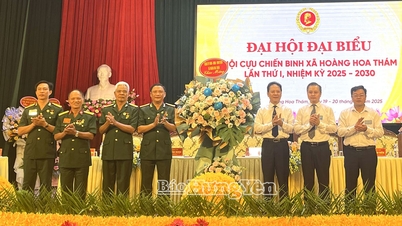















Comment (0)